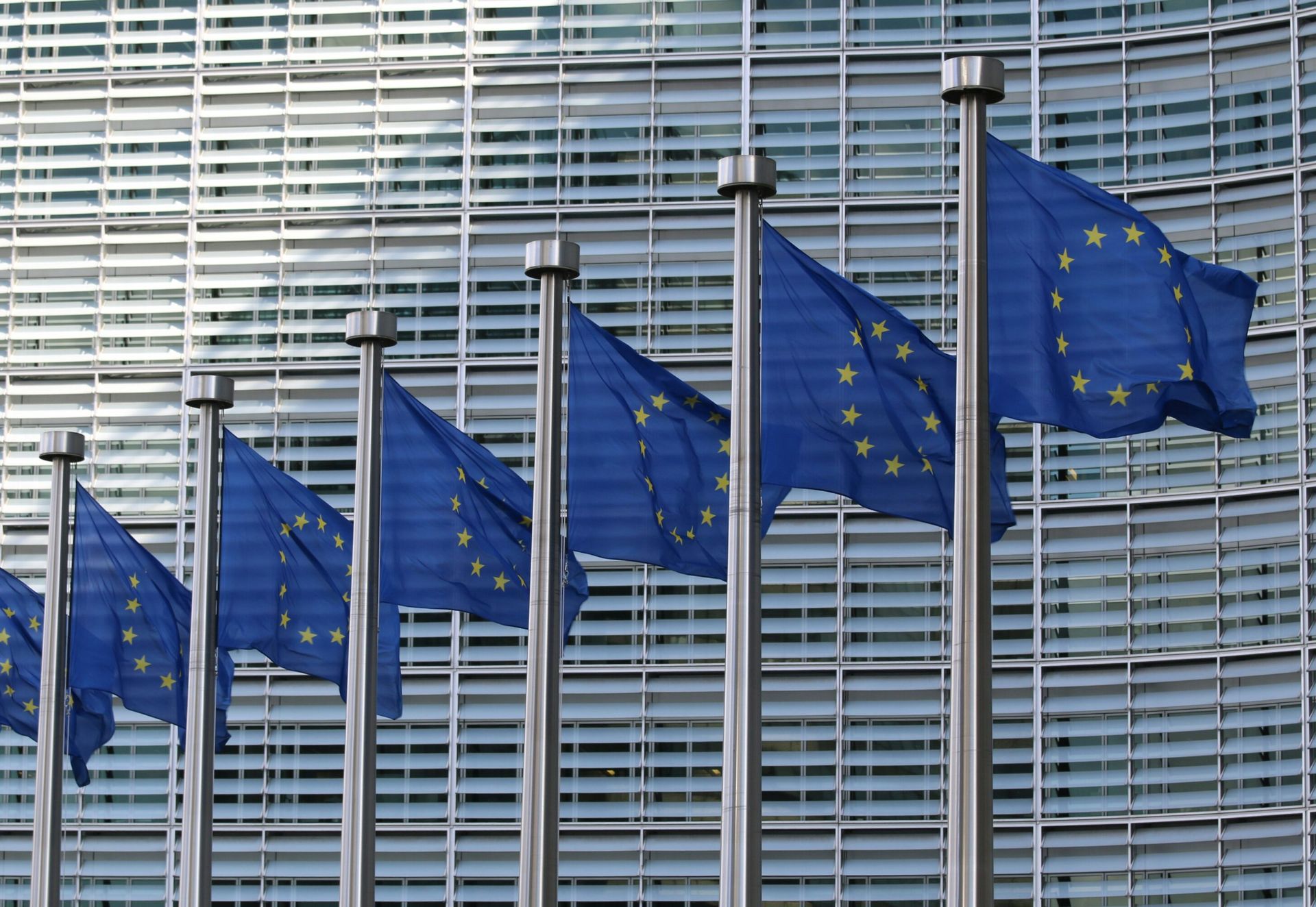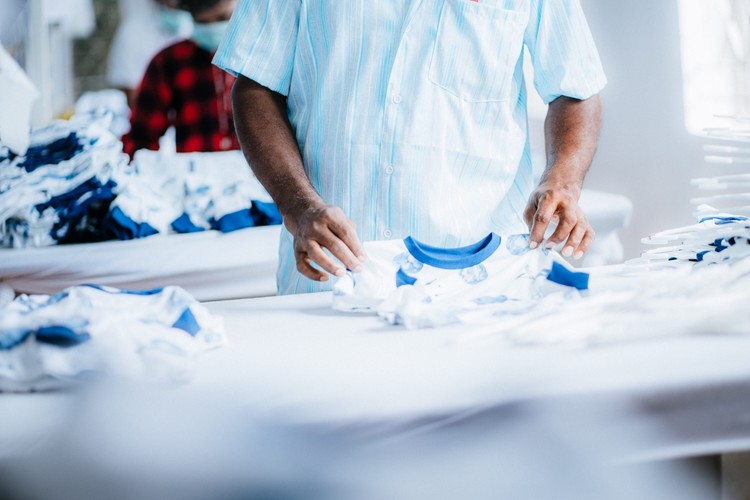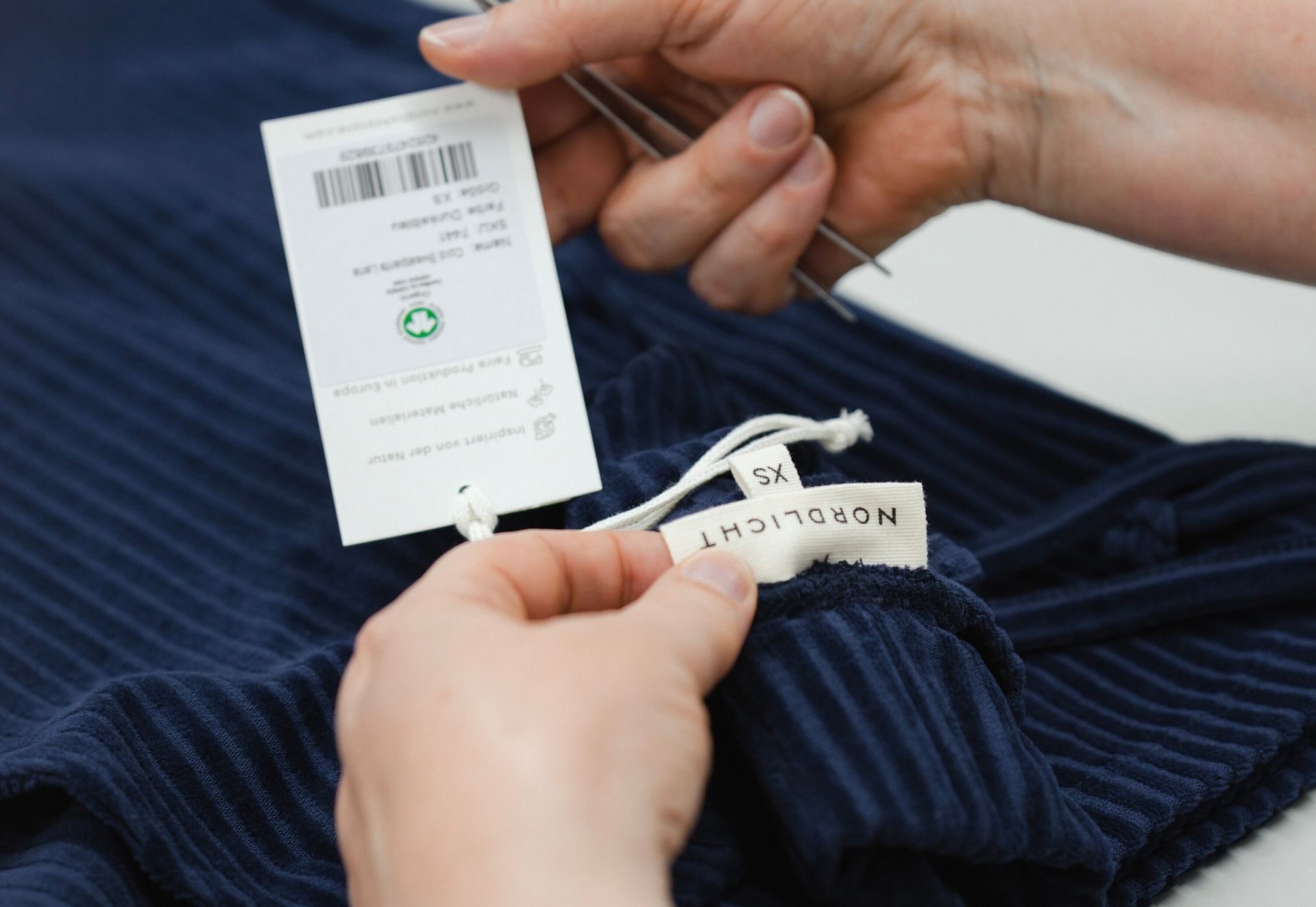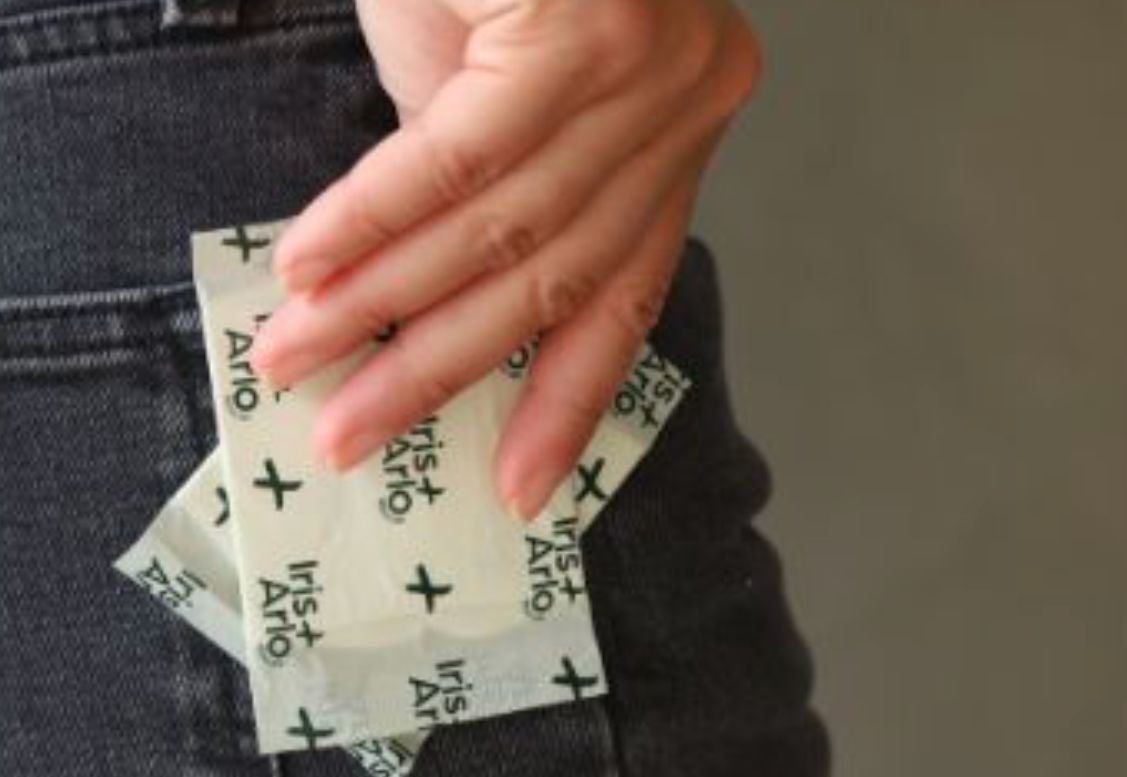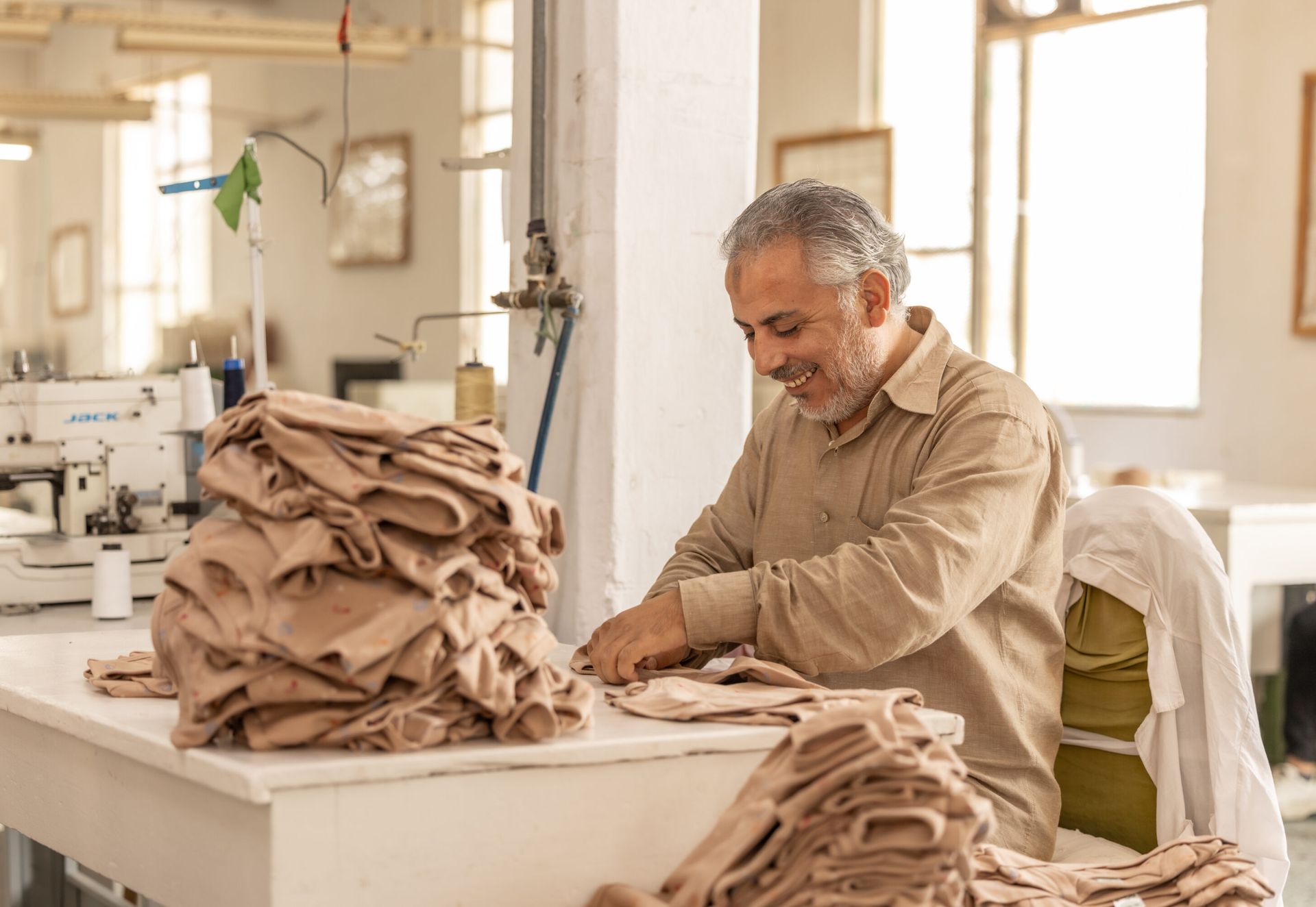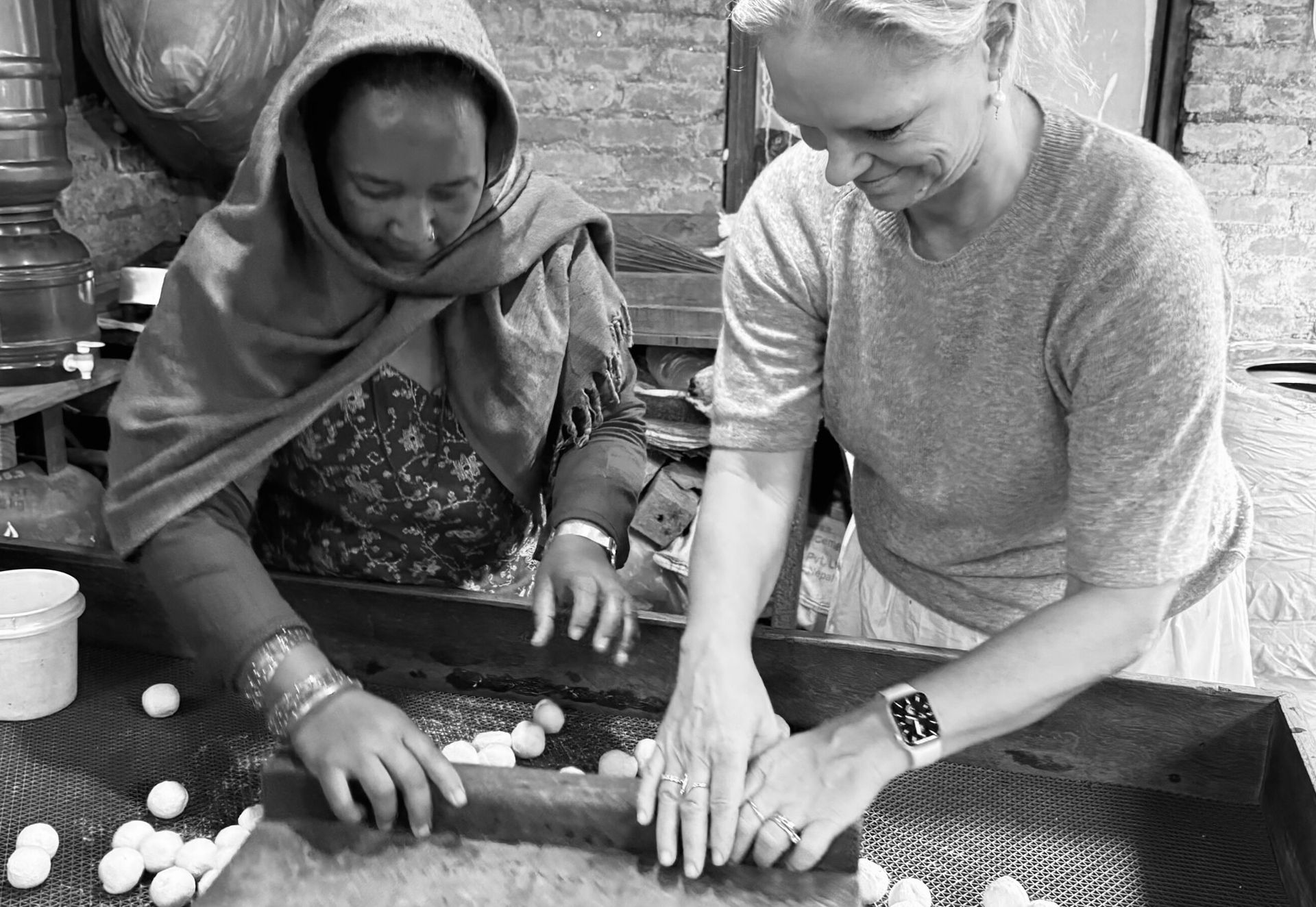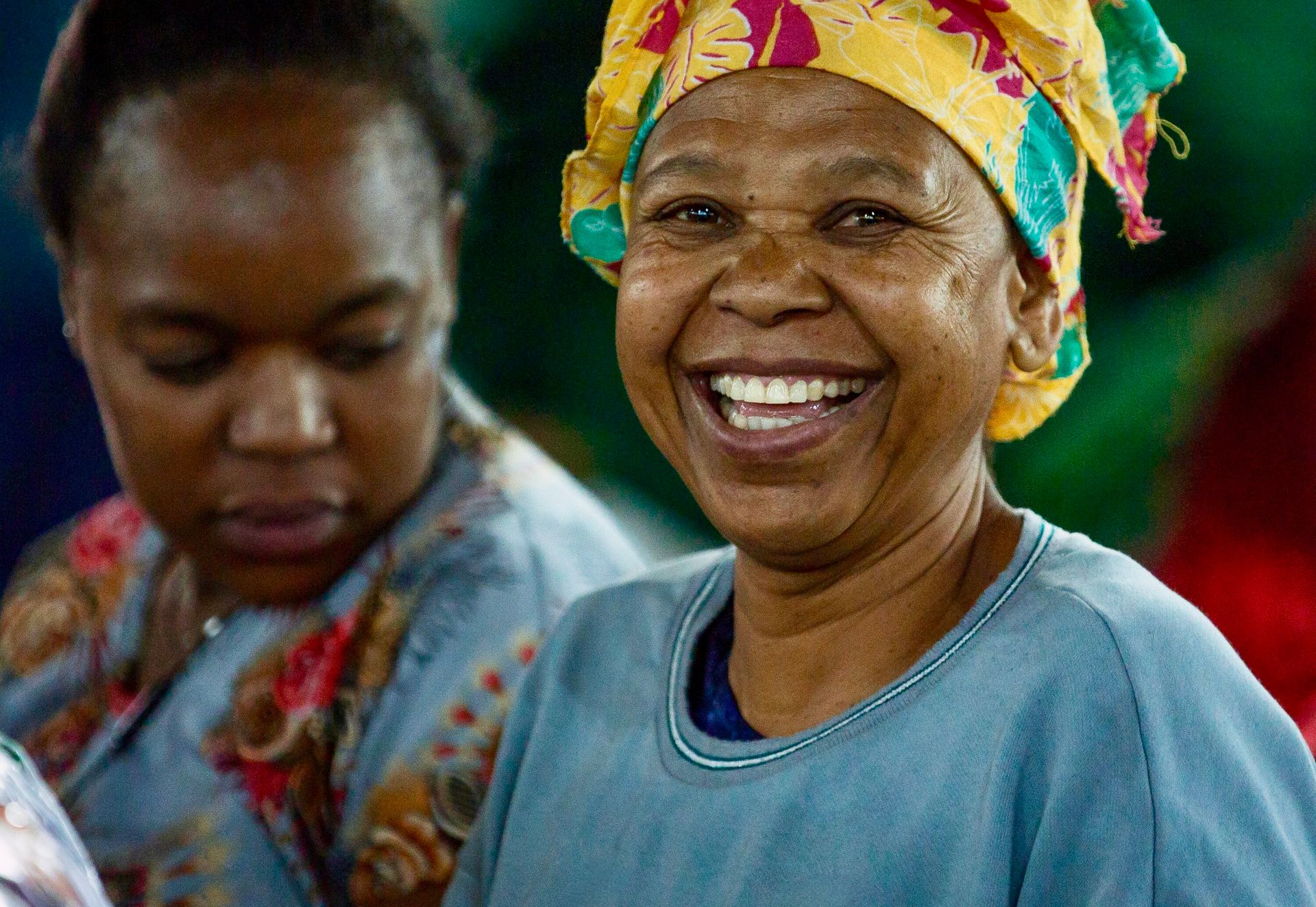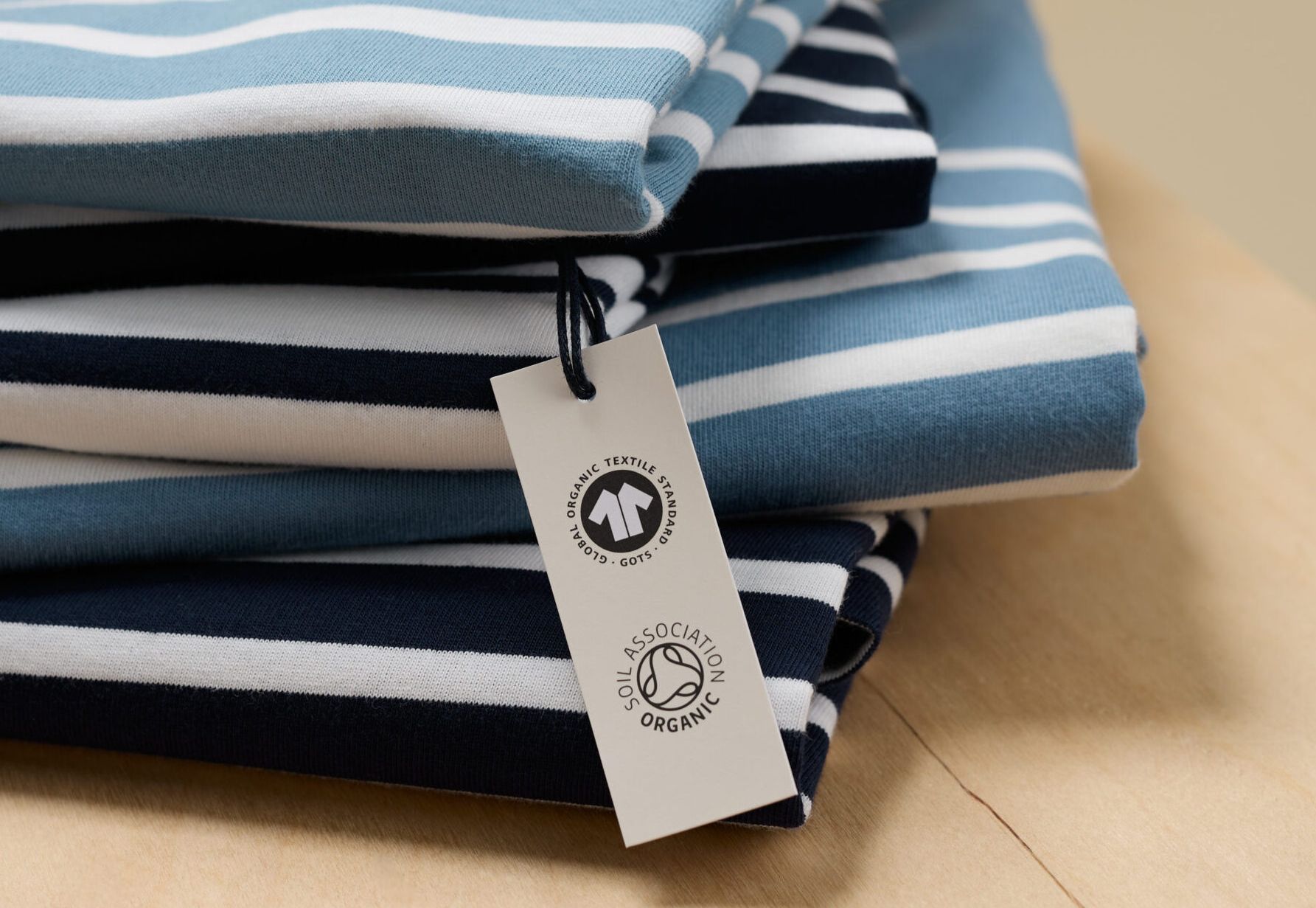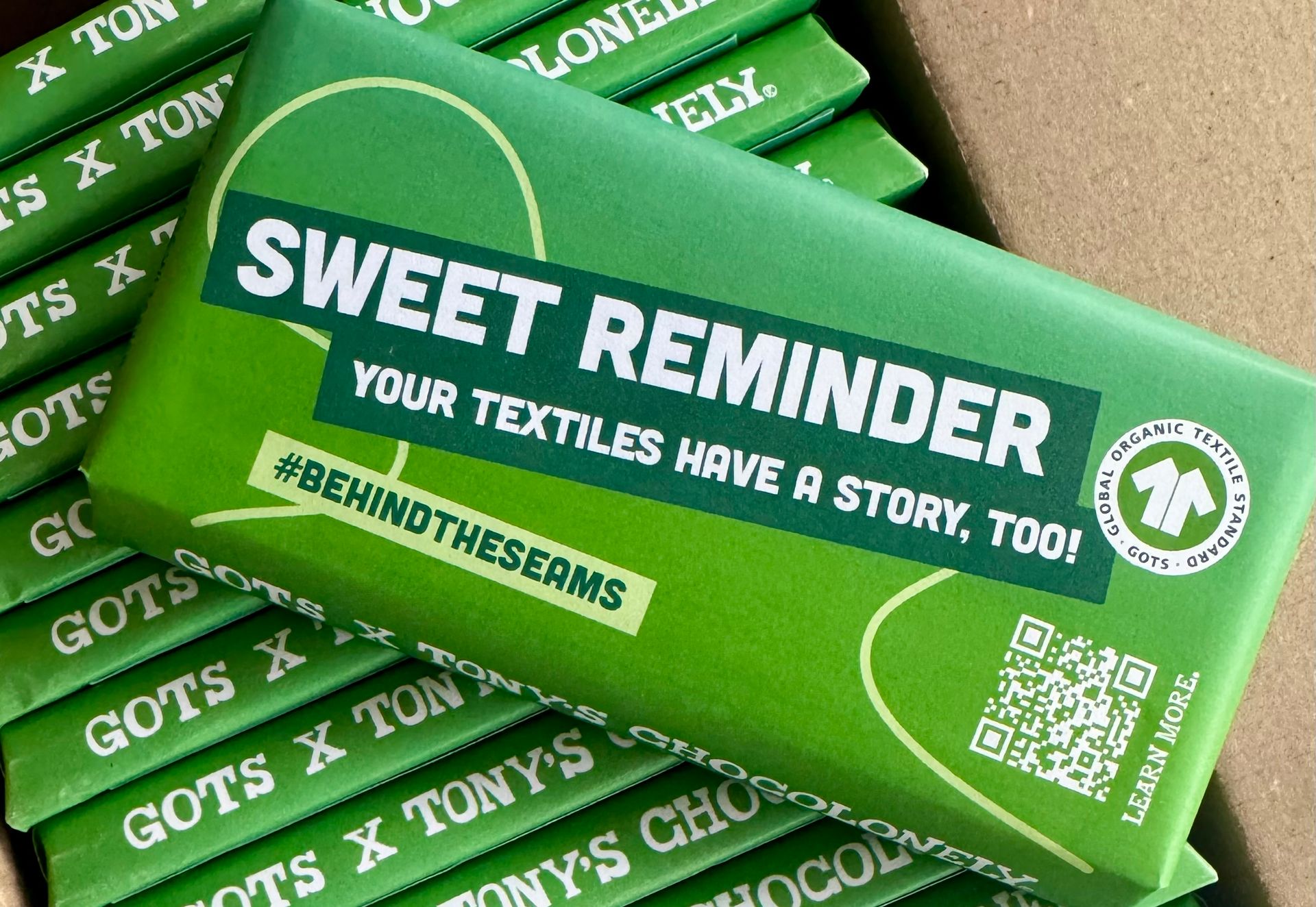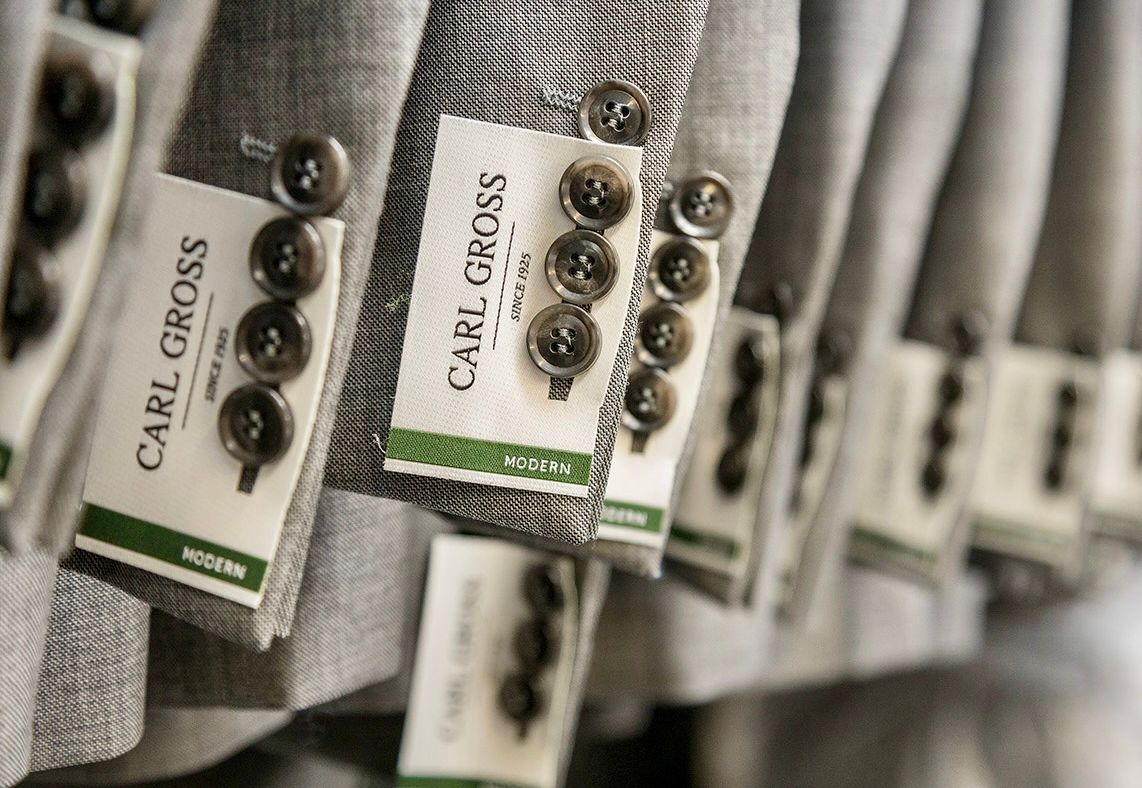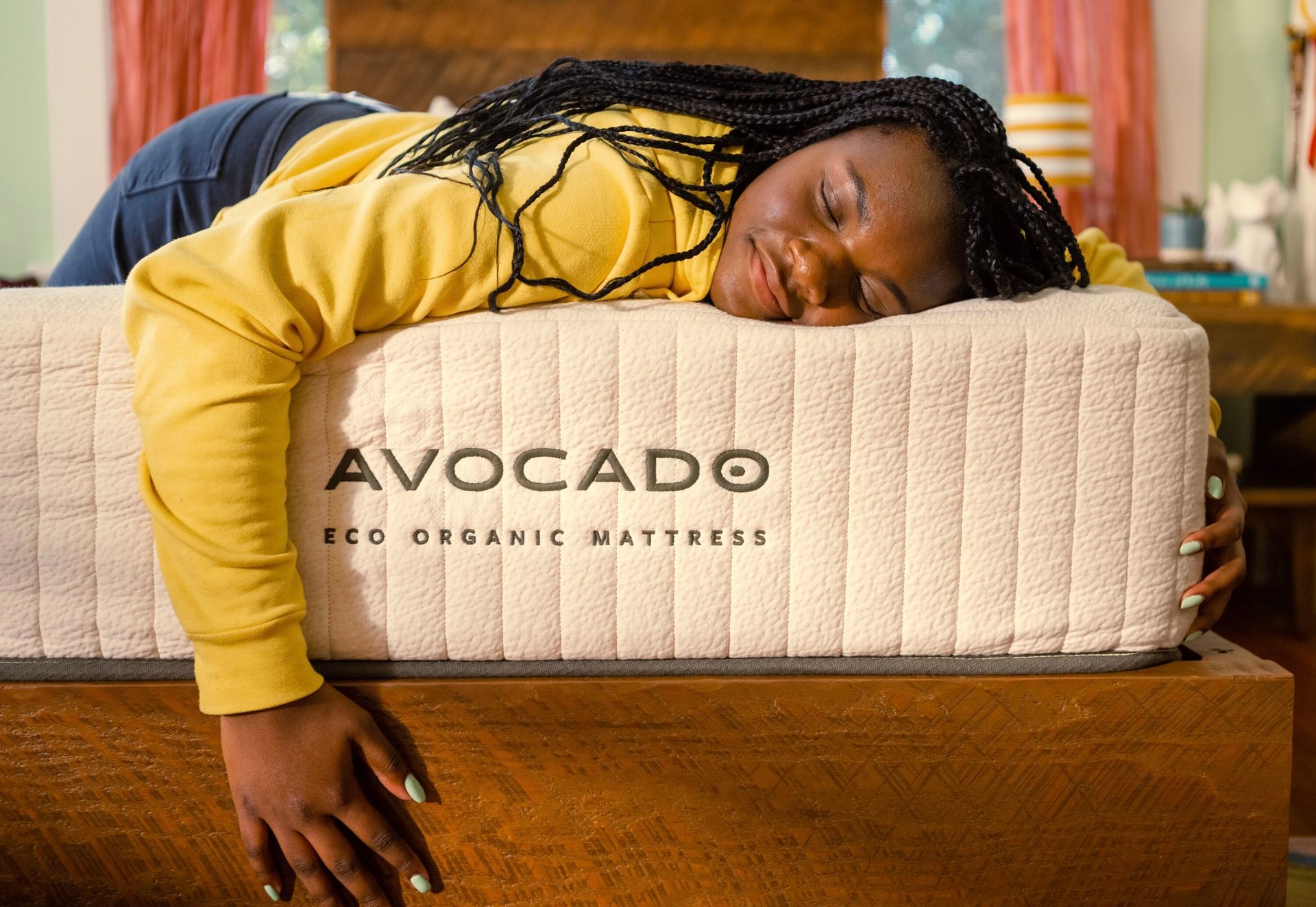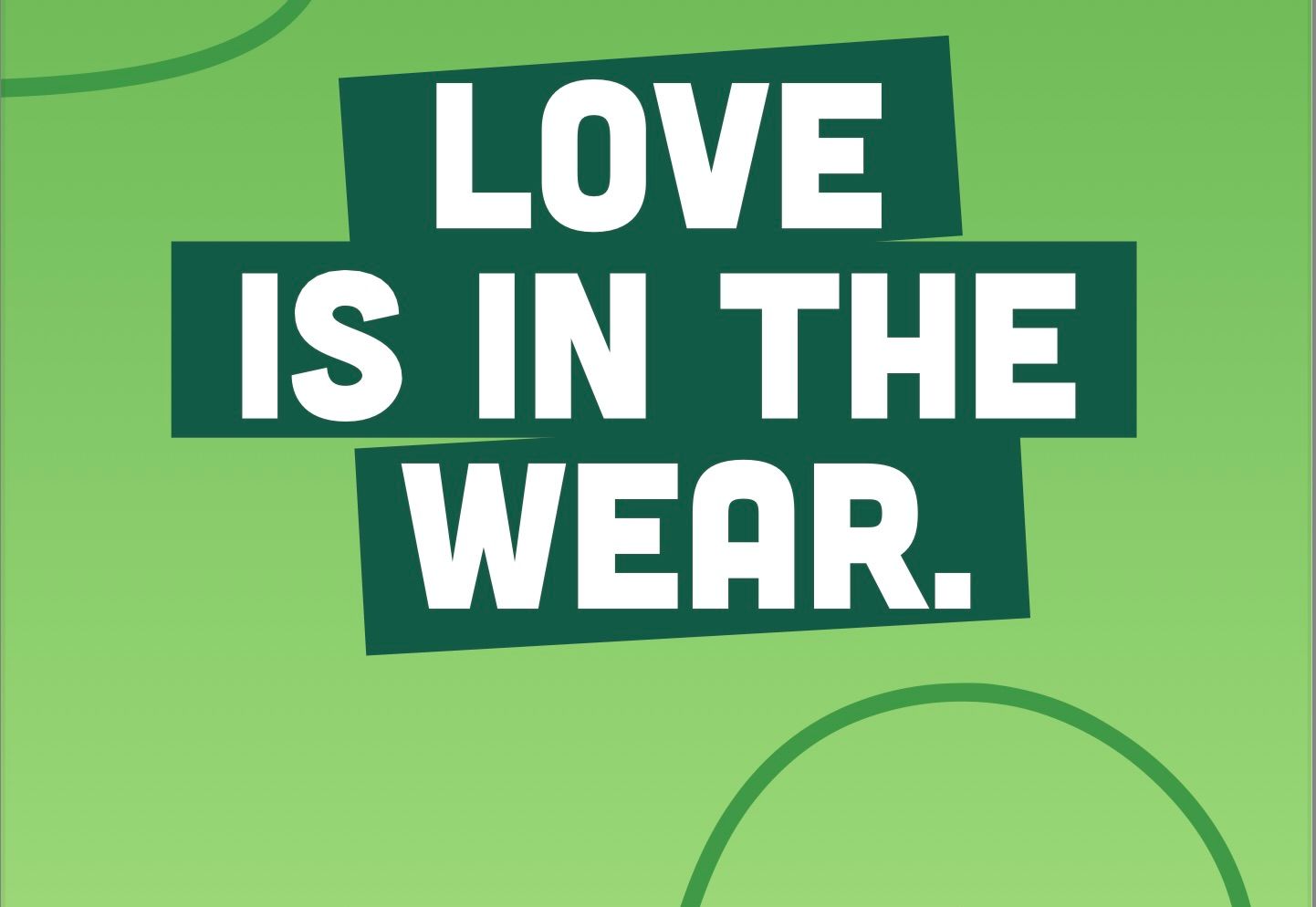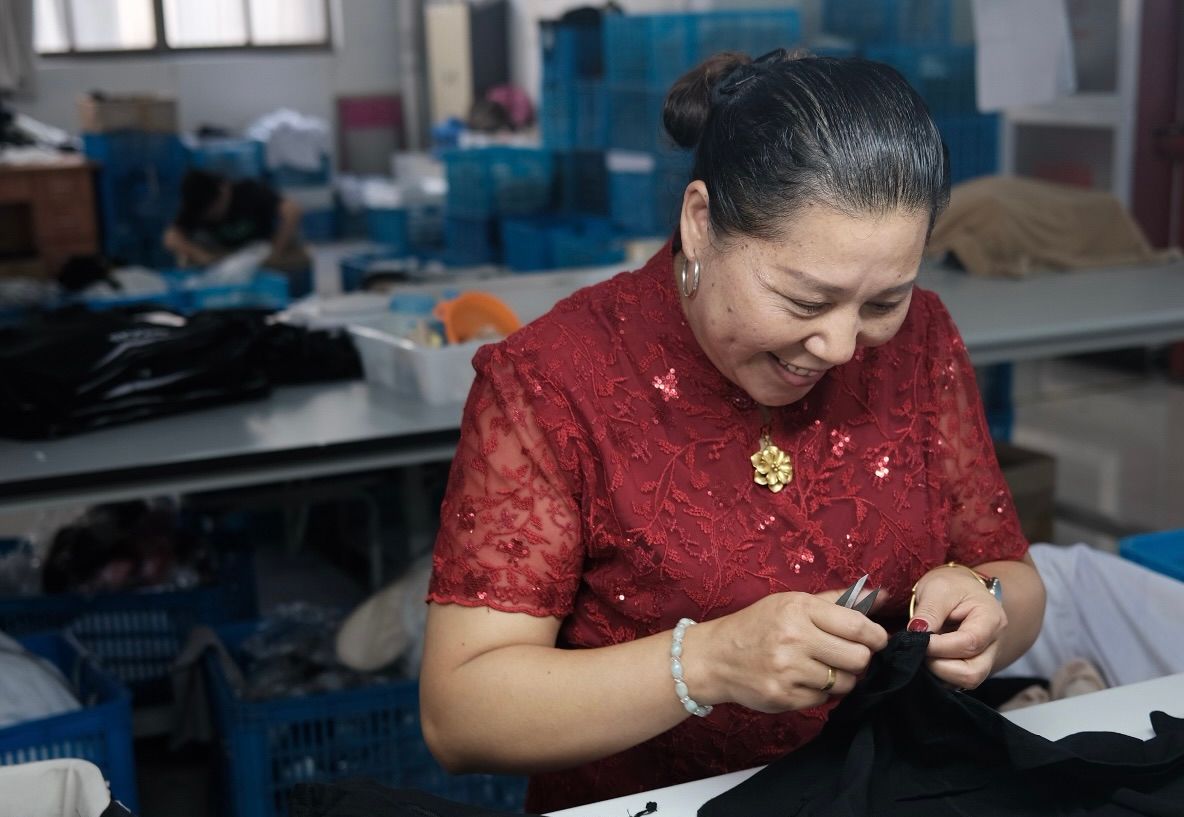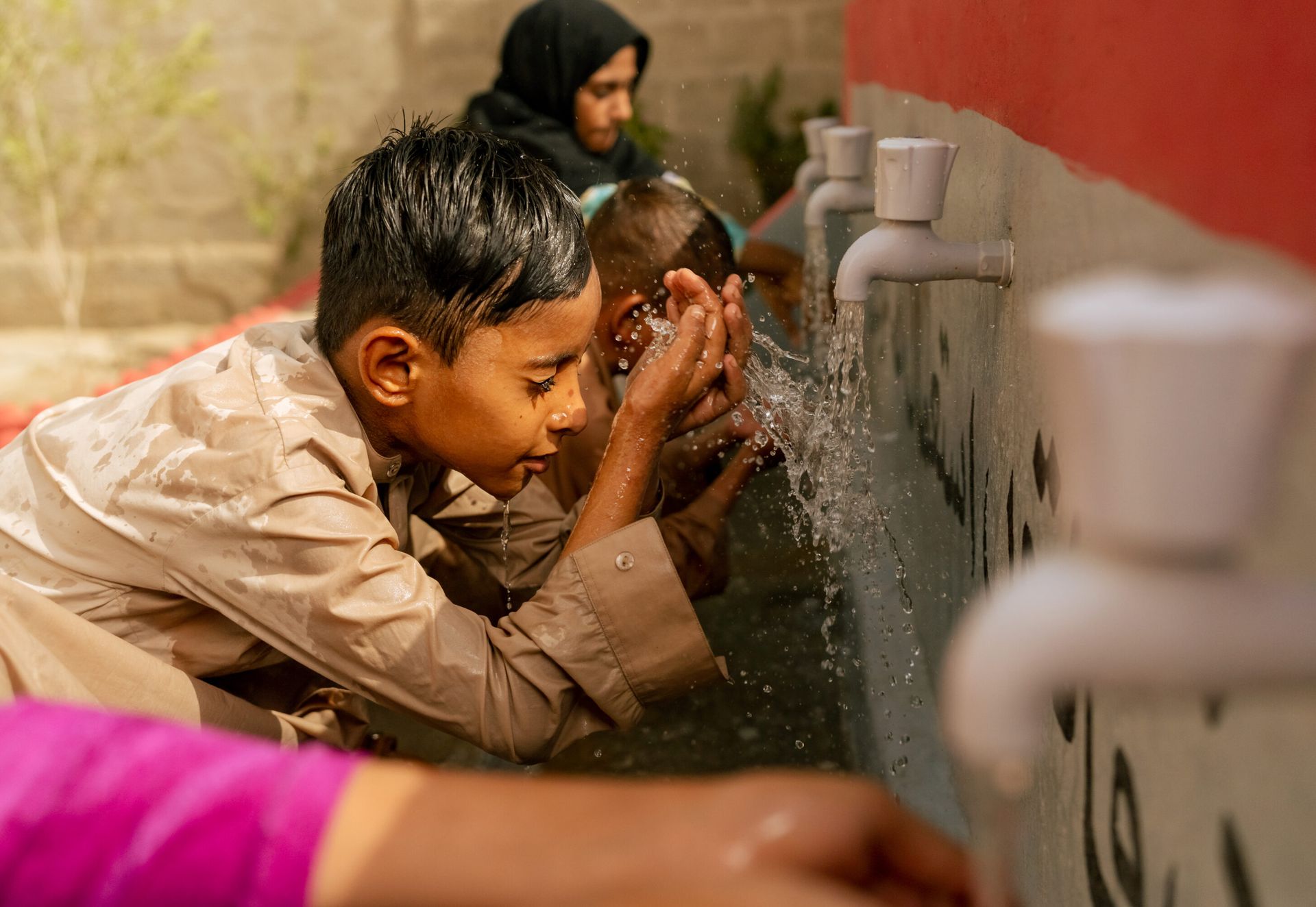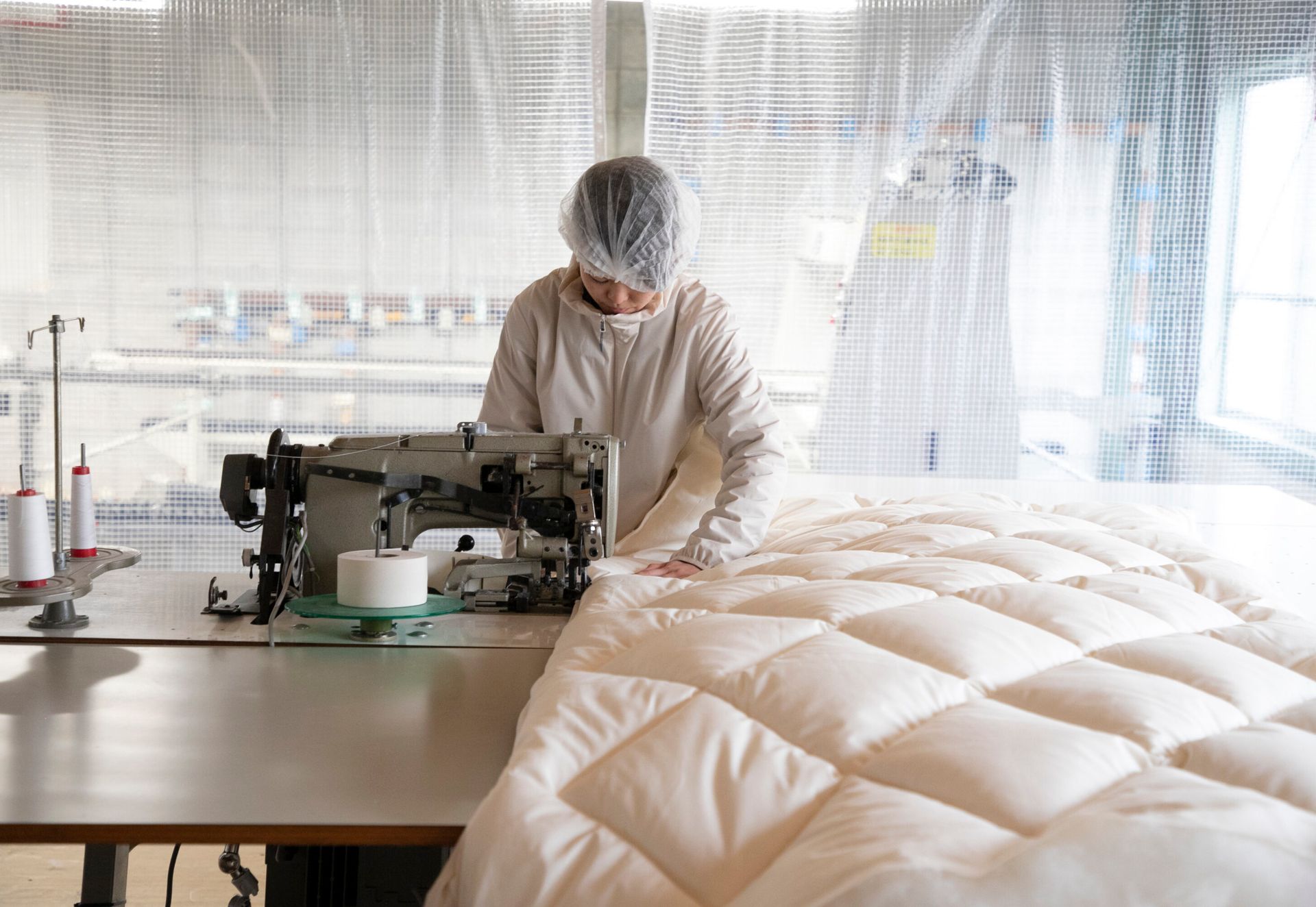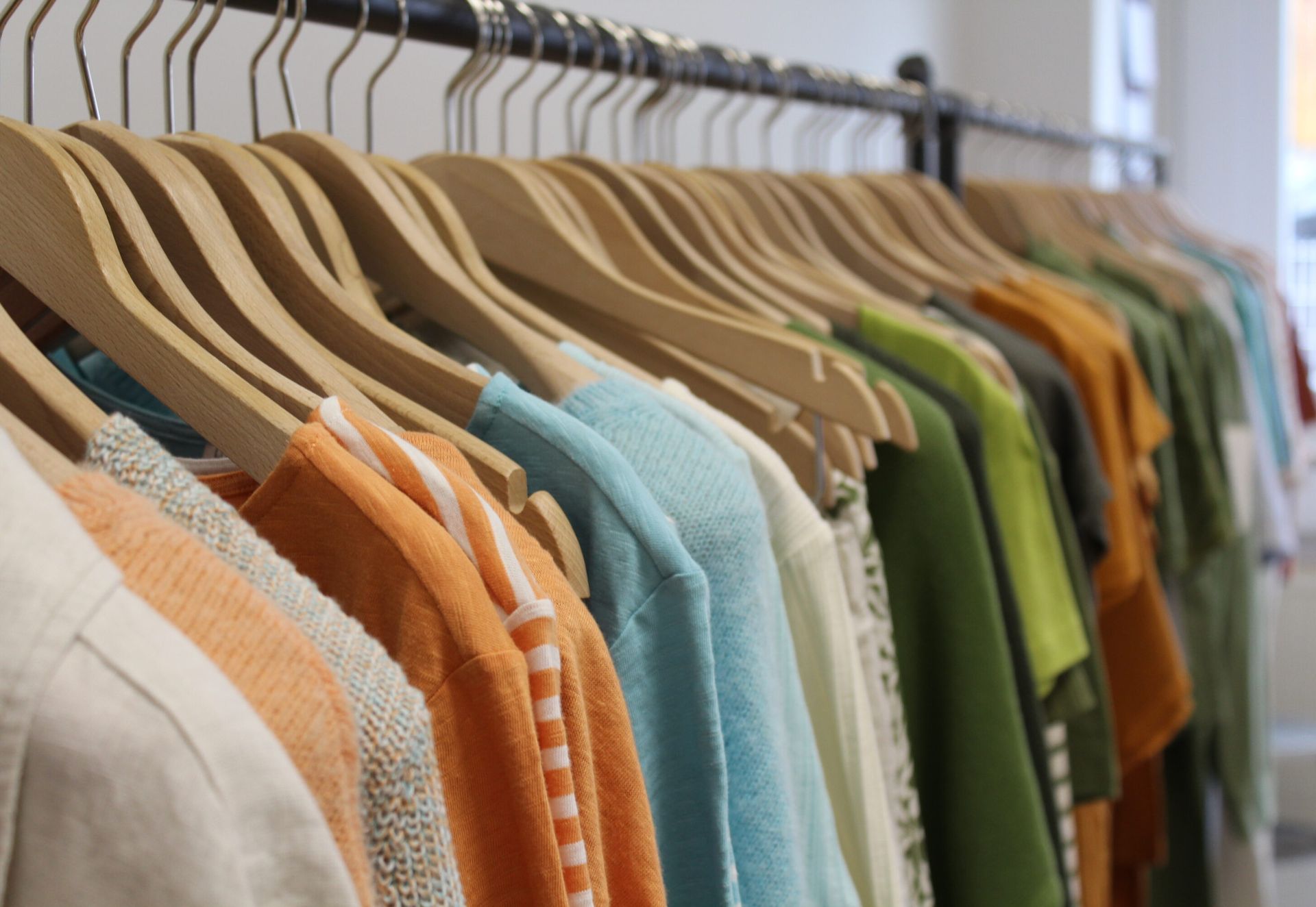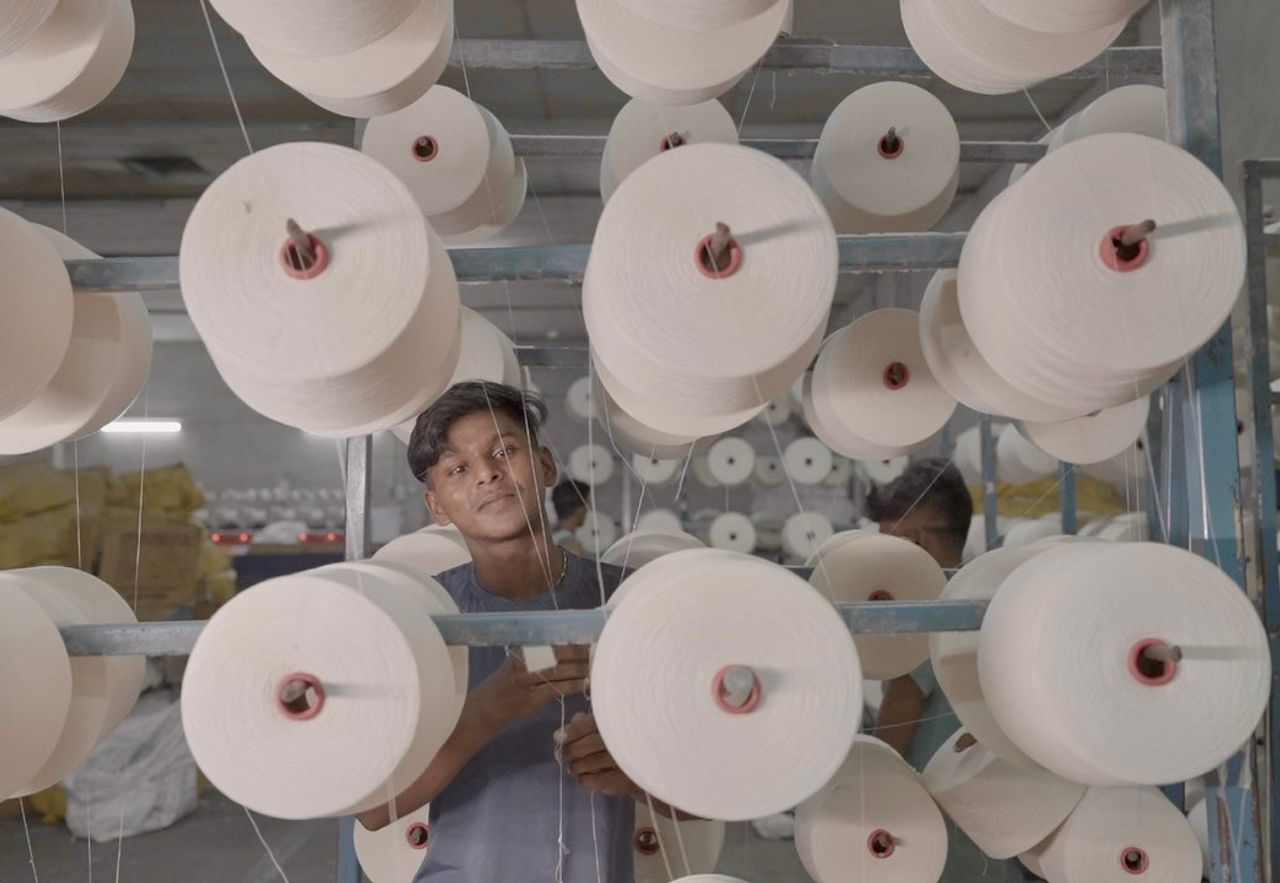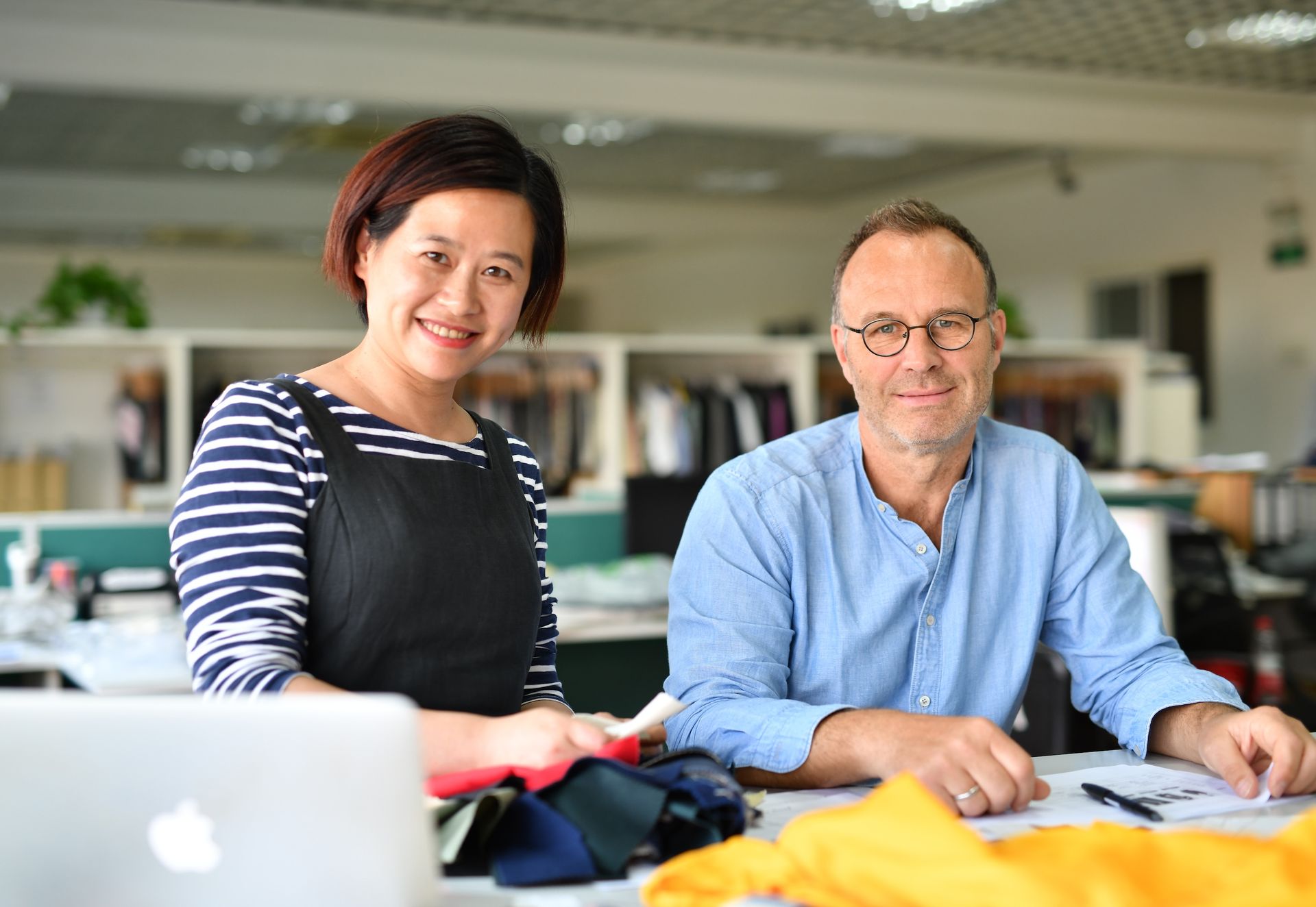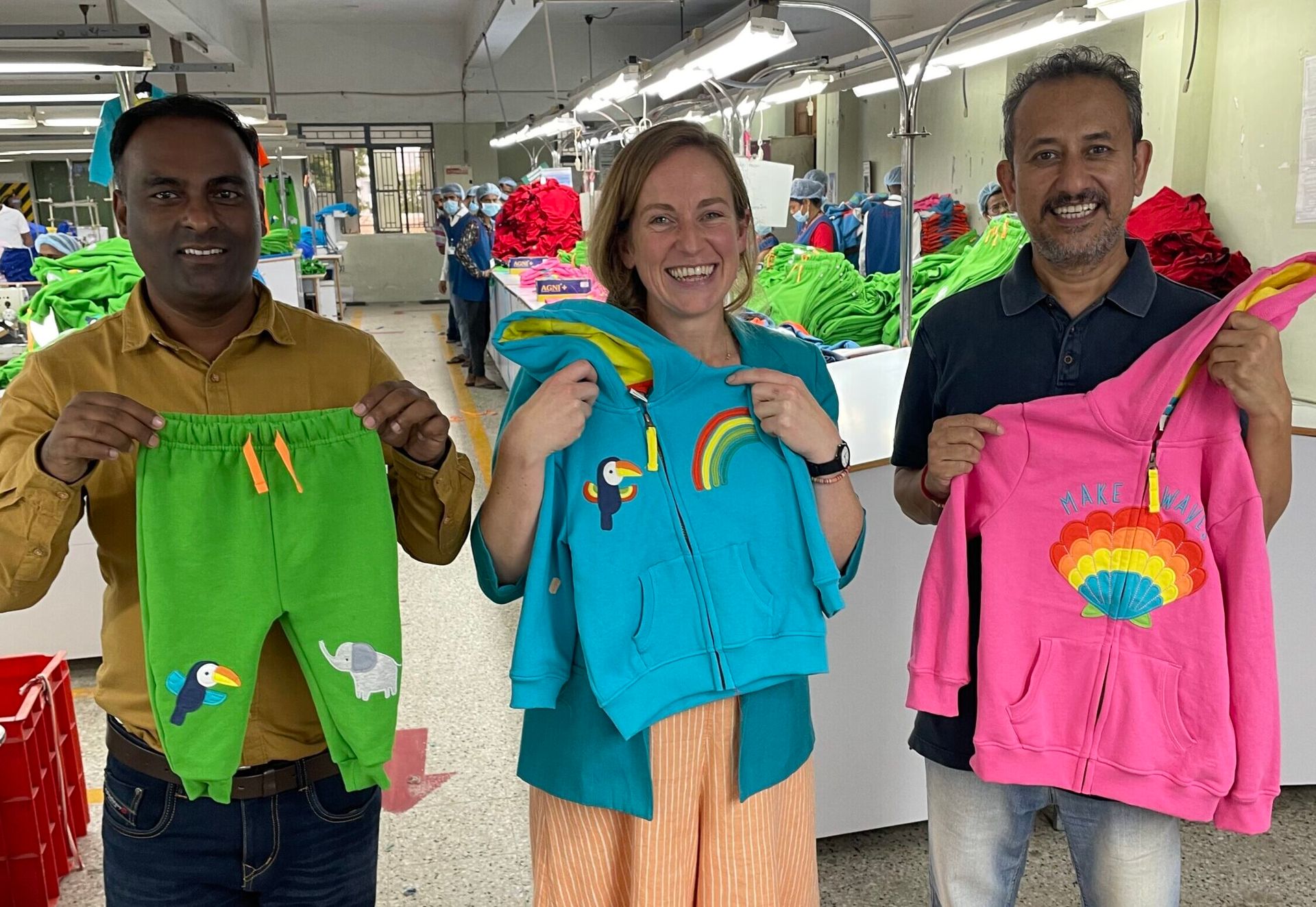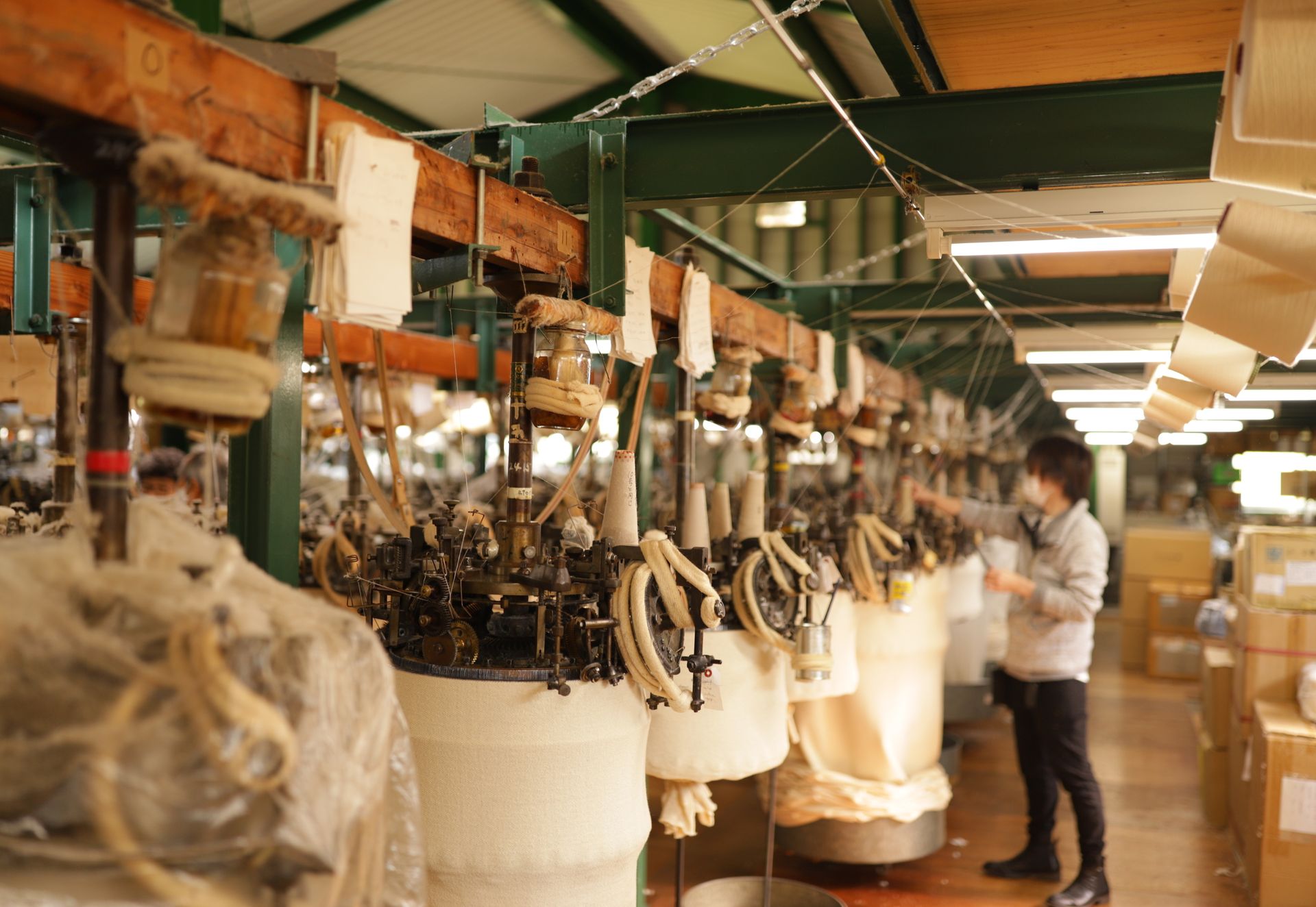The end of this year marks an important step toward eradicating forced labour and broader efforts to promote human rights, transparency, and responsible business practices all around the world.
On November 19, 2024, the Council of the European Union took a historic step by approving the EU Regulation on prohibiting products made with forced labour on the Union market. Officially published on December 12, 2024, the Regulation came into force on December 13, 2024, and will be fully enforceable starting December 14, 2027!
Regulation (EU) 2024/3015, similar to the UFLPA (Uyghur Forced Labor Prevention Act), is a milestone regulation that will tremendously impact the textile sector.
Why is this such a milestone?
The Regulation is significant for EU-based businesses and foreign companies selling their products in the EU. Its broad scope covers a wide range of products from a variety of sectors, including electronics, textiles, agricultural goods, and many more. Therefore, it will impact any company that manufactures, imports or sells these products in the EU market, requiring it to ensure that its supply chains are free from forced labour.
To comply with the regulation, companies are required to conduct thorough due diligence. This means businesses must thoroughly investigate their suppliers and partners to ensure no forced labour is involved in creating the products end-consumers buy. They also need to take active steps to monitor and prevent exploitative practices, making sure what ends up on store shelves meets socially responsible standards.
Each EU member state will enforce it at the national level, and businesses that fail to comply could face tremendous consequences, such as fines or even a seizing of products and ban from free circulation of their products in the EU. Thus, compliance is essential to any company’s operations within the EU market.
Driving Change: How GOTS Combats Forced Labour Across the Textile Supply Chain
GOTS strictly prohibits forced labour! The guidance documents, based on international frameworks such as the UNGPs, OECD Guidance on Responsible Business Conduct, and ILO conventions, support GOTS Certified Entities in implementing proper due diligence processes. Our most recently published handbook, the GOTS Due Diligence Handbook for Auditors, provides Certification Bodies worldwide with tools to identify forced labour in Certified Entities’ operations. Considering that GOTS covers all the processing stages, it becomes an efficient tool for mitigating forced labour along the whole textile supply chain.
In 2021, an estimated 27.6 million people were trapped in forced labour, with vulnerable and marginalised groups being the most at risk. At Global Standard, we are deeply committed to doing our part to help eliminate forced labour and protect human rights across the textile supply chain.
